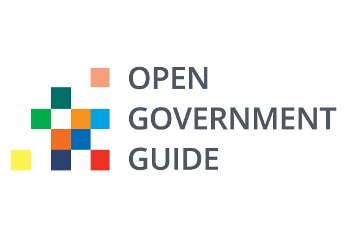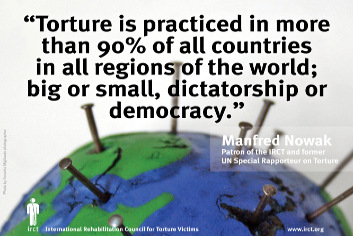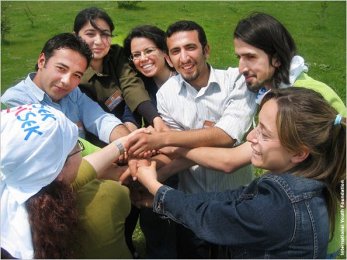When “Soft Power” was published in Foreign Policy (1990), people didn’t expect it to be referenced by the likes of Hu Jintao or Vladimir Putin. Yet Hu told the Chinese Communist Party in 2007 that China needed to increase its use of soft power, and Putin recently urged Russian diplomats to apply soft power more extensively. Neither leader, however, seems to have understood how to accomplish these goals. What is soft power? It is power (the ability to get others to work towards the outcome one wants) that comes from positive sources instead of from fear or payment. For a rising power like China, whose growing economy and military may frighten its neighbors into counter-balancing coalitions, soft power could make China look less frightening and the balancing coalitions less effective. For a declining power like Russia (or Britain before it), residual soft power helps to cushion the fall. The soft power of a country rests primarily on three resources: its culture; its political values (when it lives up to them at home and abroad); and its foreign policies (when they are seen as legitimate and moral). Combining these resources is not always easy. Establishing, say, a Confucius Institute in Manila to teach Chinese culture might help produce soft power, but it is less likely to do so in a context where China has just bullied the Philippines over possession of Scarborough Reef. Much of America’s soft power is produced by civil society – everything from universities and foundations to Hollywood and pop culture – not from the government. Sometimes the United States is able to preserve a degree of soft power even when government actions – like the invasion of Iraq – are otherwise undermining it. In a smart power strategy, hard and soft reinforce each other. People on the street: what is power?
Related Articles
The urgent need for a Transformation Index
an introduction to Bertelsmann's 'optimization' approach
Emergency education in Afghanistan
about tangible reconstruction
We are experiencing more peace, according to the Global Peace Index But the reality around the globe tells a different story, one that makes peacebuilding necessary, writes Vahe Mirikian, OLBIOS Correspondent in USA.
creative programs for palestinian children
on radical forms of protest
Will Open Government ever arrive in Europe?
80% of Europeans are demanding more transparency. But what is their access to information?
What happened when torture survivors met the students
the Torture Abolition Project
Gram Vikas leeds the way
news from an activist group
How has Chile managed to be the less corrupted country in South America?
![]()
STAY IN TOUCH
SUBSCRIBE TO OUR NEWSLETTER
AND RECEIVE OUR LATEST STORIES










